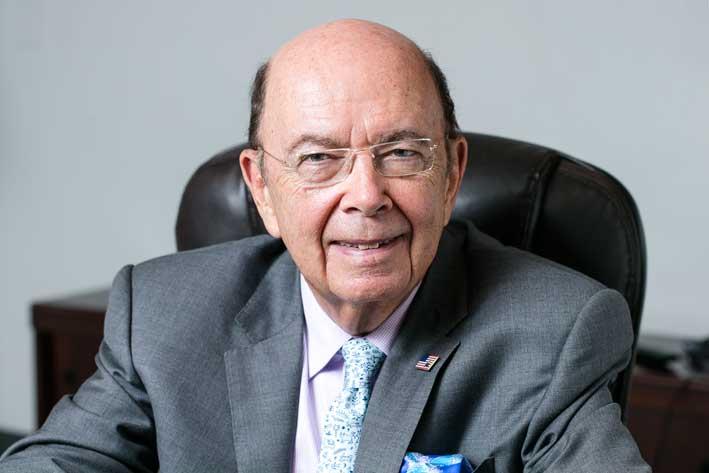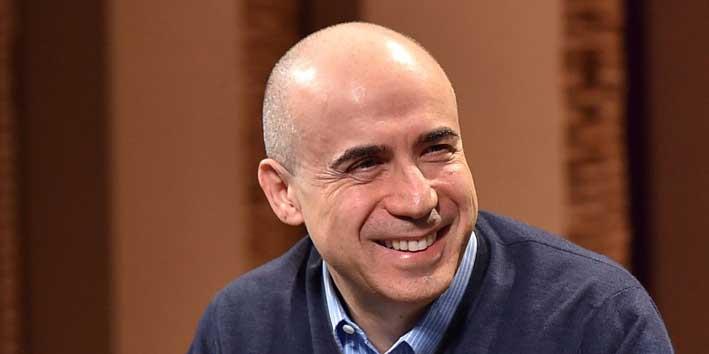The International Consortium of Investigative Journalists today released The Paradise Papers, a global investigation that reveals the offshore activities of some of the world’s most powerful people and companies.
ICIJ and 95 media partners explored 13.4 million leaked files from a combination of leaked files of offshore law firms and the company registries in some of the world’s most secretive countries.
The files were obtained by the German newspaper Süddeutsche Zeitung, and shared with ICIJ.
The new leak, collectively known as the Paradise Papers, shows Malta to be a popular destination for Azeri money and helps give an idea of the vast amounts of foreign business flowing through the island, The Times reports.
The Paradise Papers documents include nearly 7 million loan agreements, financial statements, emails, trust deeds and other paperwork over nearly 50 years from inside Appleby, a prestigious offshore law firm with offices in Bermuda and beyond.
The leaked documents include files from the smaller, family-owned trust company, Asiaciti, and from company registries in 19 secrecy jurisdictions.
The Paradise Papers reveal offshore interests and activities of more than 120 politicians and world leaders, including Queen Elizabeth II whose private estate indirectly invested in a rent-to-own loan company accused of predatory tactics.

The Paradise Papers show that about £10m ($13m) of the Queen's private money was invested offshore, the BBC reports.
It was put into funds in the Cayman Islands and Bermuda by the Duchy of Lancaster, which provides the Queen with an income and handles investments for her £500m private estate.
There is nothing illegal in the investments and no suggestion that the Queen is not paying tax, but questions may be asked about whether the monarch should be investing offshore.
There were small investments in the rent-to-buy retailer BrightHouse, which has been accused of exploiting the poor, and the Threshers chain of off-licences, which later went bust owing £17.5m in tax and costing almost 6,000 people their jobs.
The leaked files from Appleby, the offshore law firm, include details of tax planning by nearly 100 multinational corporations, including Apple, Nike and Uber.

The documents show that Commerce Secretary Wilbur Ross (above), the Trump administration's point man on trade and manufacturing policy, has a stake in a company that does business with a gas producer partly owned by the son-in-law of Russian President Vladimir Putin.
According to records obtained by the International Consortium of Journalists, Ross is an investor in Navigator Holdings, a shipping giant that counts Russian gas and petrochemical producer Sibur among its major customers. Putin's son-in-law Kirill Shamalov once owned more than 20 percent of the company, but now holds a much smaller stake.
Commerce Department spokesman James Rockas said Ross "never met" Shamalov and has generally supported the Trump administration's sanctions against Russia, according to the ICIJ report. Rockas added that Ross has withdrawn from matters related to transoceanic shipping vessels and has met the "highest ethical standards."
The details are likely to add to the questions about ties between Russia and the Trump administration, connections that for months have shadowed the White House and are a focus of an investigation by special counsel Robert Mueller. Yet it wasn't immediately clear how many partners Ross might have or what the profit-sharing agreement might be.
It wasn't immediately clear exactly how much of Navigator, which is publicly traded on the New York Stock Exchange, that Ross personally owns. ICIJ reported that four Cayman Island entities in which Ross and others invested in now own 31.5 percent of Navigator. In financial disclosure forms he filed with the government earlier this year, Ross listed the Cayman Island entities, and Navigator as an asset, but the forms revealed not much else, including how much Ross makes personally from his ownership stake.
Sibur contributed 8 percent to Navigator's revenue last year, according to reports filed with securities regulators. Russia's energy sector is largely controlled by individuals with ties to state actors, including Putin.

The ICIJ reported that Silicon Valley investor and Russian citizen Yuri Milner (above) got $191 million from VTB Bank, and invested that money in Twitter. The leaked records also show that a financial subsidiary of Russian energy company Gazprom funded a shell company that invested in a Milner-affiliated company that held roughly $1 billion in Facebook shares shortly before its 2012 initial public offering.
Milner told the ICIJ that he was unaware of any involvement by the Gazprom subsidiary in any of his deals and that none of his investments has been related to politics.
Milner has also invested in a tech-savvy real estate fund that was co-founded by Trump adviser and son-in-law Jared Kushner called Cadre. Milner told the ICIJ that he used his own money for the investment.
Sunday's revelations follow last year's release of records from a Panama-based firm involved in setting up offshore accounts. That disclosure triggered investigations in several countries, the resignation of the prime minister of Iceland and ouster of the leader of Pakistan. The Panama Papers also revealed that close associates of Russia's leader Putin had been using the dummy accounts abroad to store their wealth, including a close Putin friend who had $2 billion of offshore assets.
There are legitimate reasons for setting up offshore accounts, but lax regulation and anonymity in some jurisdictions make it easy to launder money, evade taxes and avoid regulatory scrutiny. Critics of the widening gap between the super-wealthy and the rest have seized upon the use of tax havens as revealed in the Panama Papers as evidence of a crisis, and governments have promised to crack down.
In the case of Ross, the ICIJ reported Navigator's Russian customer, Sibur, has ties to Putin in addition to his son-in-law.
A big shareholder is Gennady Timchenko, who was targeted by the U.S. and other Western nations for sanctions after Russia's invasion of the Ukrainian region of Crimea in 2014. A few months later, the U.S. barred banks from providing long-term financing to a gas company belonging to another large Sibur shareholder, Leonid Mikhelson. Mikhelson has also been sanctioned by the Treasury Department for propping up Putin's rule.
Sibur itself was not targeted by the U.S. sanctions, but the Bank of America and the Royal Bank of Scotland reportedly backed away from doing business with the company.
The Russian gas producer last year contributed $23 million to Navigator's revenue, an increase of more than 40 percent in two years
ICIJ and its media partners will be publishing multiple stories in the coming days and weeks, including:
-
· On Monday afternoon, stories on strategies used by multinational corporations to shift profits to low-tax jurisdictions; and a look into the world of private jets and yachts registered by wealthy owners in offshore tax havens;
· On Tuesday afternoon, stories that look behind the huge offshore trust funds held by rich and powerful people; how prominent political donors in the U.S. make use of offshore financial structures; and reporting on tax haven shopping sprees by multinational companies in Africa and Asia that use shell companies in Mauritius;
· And more to come on Wednesday, Thursday, Friday and into the next week.
· ICIJ will also release the structured data connected to the Paradise Papers investigation in the coming weeks on its Offshore Leaks Database.